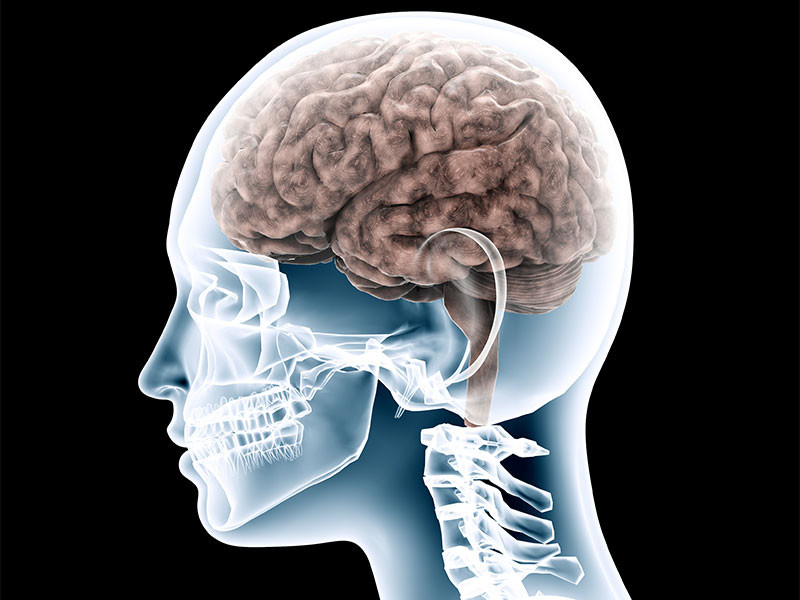The benefits of learning another language.

When we talk about the benefits of learning another language, probably the first thing that comes to mind is that it gives us a plus in the working field. Employers are increasingly asking for a good command of English and, if you also have knowledge of other languages, the chances of getting a job skyrocket.
Another advantage of speaking another language is that it helps us communicate when we travel to countries where our mother tongue is not spoken. Not only will it be useful to us on a practical level, i.e. to ask where to take the bus, to order food in a restaurant or to speak to hotel reception staff; it will give us the opportunity to meet people and learn more about their culture and customs. In short, our travel experience will be enriched.
It is also interesting to learn another language for our educational ambitions, many university degrees demand a B-2 level of English in order to obtain the diploma.
In short, mastering other languages brings us many advantages to personal, social and work levels, but did you know that it also brings psychological benefits?
How does learning another language affect us psychologically?
Many studies on this subject state that when we learn a new language, our brain has to adapt itself to be able to face this challenge: new connections, activate certain areas, expand..., and that brings us many benefits. Let's have a look at some of them:
For our brain, learning a new language is like forcing it to do intensive training, it must pick up new sounds and connect them to something that makes sense and that we can understand. This requires a huge effort but that suits our brain perfectly, as it keeps fit and as a result, it slows down ageing and it becomes more flexible. This means that people who speak two or more languages show a greater ability to adapt to different situations and to perform tasks more quickly than those who only speak one language.
Studies have also been carried out which show that people who have spoken two languages throughout their lives can delay the symptoms of diseases such as Alzheimer's because they have greater brain activity.
Learning another language causes changes in our brain, expanding those areas that process information, which strengthens our ability to concentrate, improves our memory, boosts intelligence and is better at mastering language.
As a matter of fact, being able to speak another language makes it easier for us to master our own, because for example, when we learn a new word, we associate it with the equivalent to our language, we learn new nuances of words in our own language. We must also use them well, so we have to know their function (adjective, verb, name, article ...) and therefore we realize how we express ourselves in our language.
Our listening comprehension also benefits, our brain has to capture new sounds and associate them with words and phrases in order to understand the message we receive. It also reinforces our reading comprehension, when we read a text in another language our mind has to be attentive, as we find many words whose meaning we do not know, and we must develop our ability to figure out their meaning from the context.
Learning a language is learning another culture.
One of the great assets that learning a language gives us is that of being able to see the world from another prism. Our way of speaking is conditioned by our perception of reality. For example, in Spanish, objects have a masculine and feminine gender. An English person doesn't understand that, as objects don't have a gender in English. A Japanese person does not have a word that means "to retire" in their language, because in their perception of reality this concept doesn't exist. Maybe that's why it's hard for us to master another language, because we always look for the analogy with ours, we want the other language to follow the same logic as ours, and that's not so.
It is very interesting to know these aspects of a language, since a language is not only made up of words and grammar, but many other things such as culture, environment, the way we understand what surrounds us, external influences ... All of this enriches us as people and helps us to broaden our vision of the world.
Artículos relacionados
Comment















